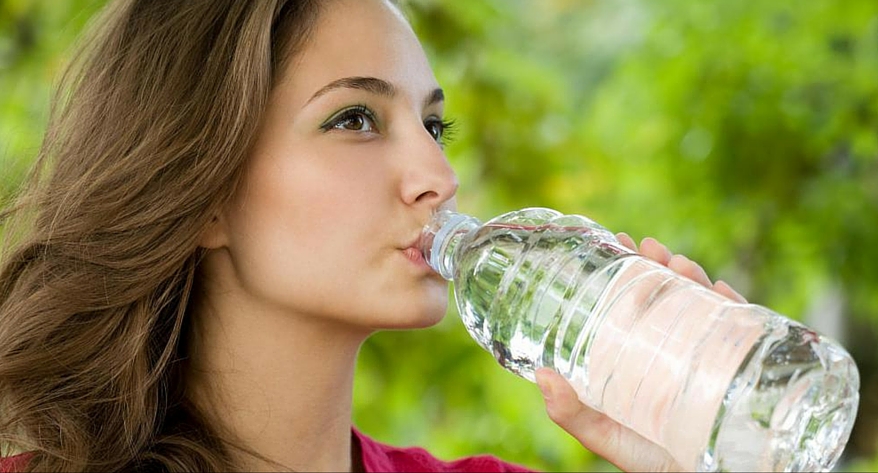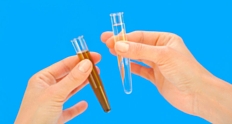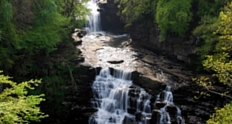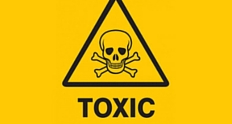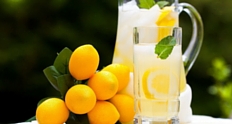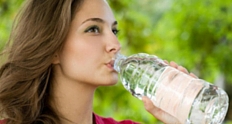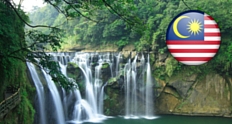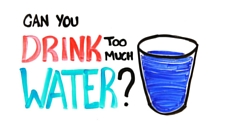The truth is, humans have survived without bottled water for the vast majority of our existence. After all, though our water resources are depleting on an epidemic scale around the world, we do have water to drink, don't we?
Of all the water on Earth, only around 2.5 percent of it's considered fresh and ready to drink (after purification, of course). The rest of our water sources are tied up in saltwater oceans, frozen in glaciers and snowy mountaintops, or nestled so far under the Earth it can't easily be accessed.
This is what makes bottled water so crucial to the survival of so many on the planet who don't have ready access to clean water sources. Many people, particularly experts who say bottled water is a waste, find it hard to believe that anyone on the planet needs to rely on bottled water. These groups are sadly mistaken, however.
One in seven people around the world don't have access to clean drinking water sources currently. That's one-billion out of a population of seven-billion (or 14% of the world's total population).
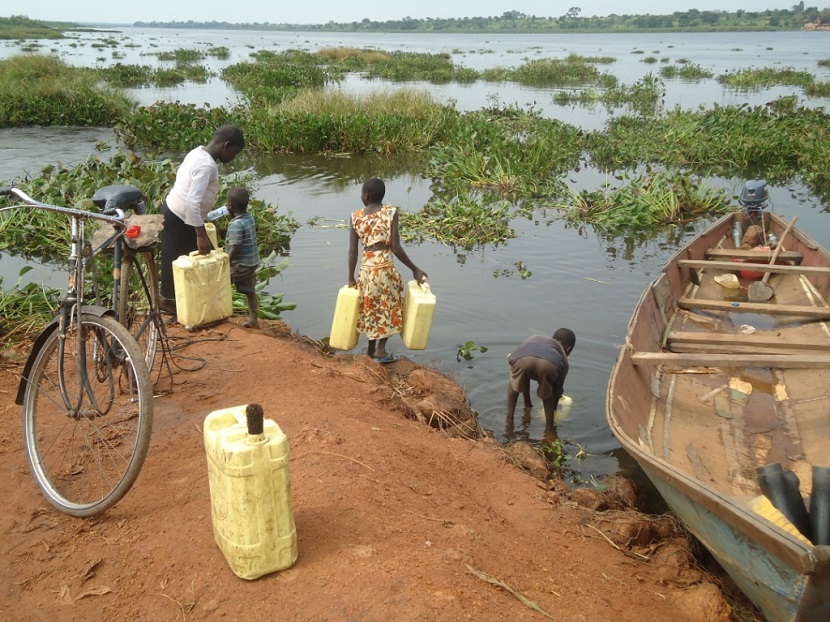
Many have no alternative to bottled water because they're either living in a landscape that's water-stressed, or which was devoid of freshwater supplies in the first place. The majority, however, like people living in India and China, are suffering because of the ravages of man and his impact on the planet over the last two centuries.
And, as many of you know, even those in developed nations throughout Europe and America still don't trust the cleanliness and safety of their tap water, causing them to turn to clean bottled spring water sources.
Table of contents
- So how did we used to survive without bottled water?
- More People Equals More Water Stressed Areas
- Sanitation Concerns Fuel Bottled Water Use in Developed Countries
So how did we used to survive without bottled water?
We did survive without it. Plain and simple.
The main issue now is pollution and water waste on a mass-scale. Starting with the advent of the Industrial Revolution and then being further bolstered by the massive population increases we've subjected the Earth and our environment to over the last century. Not to mention pollution of all kinds including dumping industrial waste and/or raw sewage into our fresh water supplies.
More People Equals More Water Stressed Areas
These population increases, particularly the most recent growth spurts in the 1950s and 1990s have led to decreases in fresh water sources everywhere.
Not surprisingly, as the population increases, so too does industry. This requires more water than ever to aid in production of all kinds, to cool the massive nuclear energy generation plants worldwide, and also requires diversion of H20 to populated areas that have little or no water supply nearby. Not to mention, humans need to drink more and our agriculture and livestock needs increase exponentially with increased population density too – both leading to increased fresh water usage.
Read this chart displaying water availability information by country that was compiled over ten years ago now. Pay close attention to those with low annual precipitation and/or low levels of surface water and/or ground water percentages. The majority of those listed have only got worse over the ensuing decade since the chart data was plotted, and many are so reliant on imported bottled drinking water that much of the population would die within weeks if an interruption in their supply were to occur.
Sanitation Concerns Fuel Bottled Water Use in Developed Countries
One Water has been quick to assert in our past posts that no two bottled water sources are the same. Too many brands to count offer nothing more than crudely filtered water from polluted municipal sources.
A select few brands are much cleaner and healthier for people to drink than the chemically-treated water that comes from their household water taps.
If you're choosy, do your homework and read labels before you buy, you'll find that many like our natural source mineral water come from naturally filtered sources from deep underground that are still untouched by modern pollution.
With quality sources drying up all over the planet and projections pegging for a worldwide freshwater shortage as soon as 2040, many of us will be asking “how did we used so survive without bottled water?” within our lifetime. Learn more about our world's current freshwater shortage timeline.

